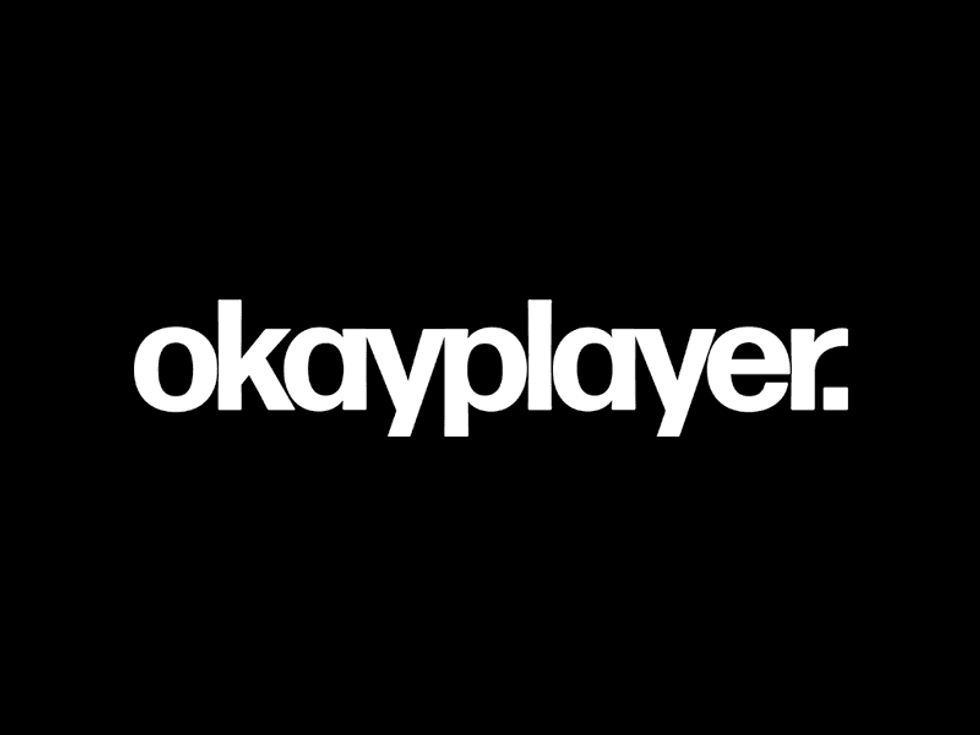Watch President Obama Take A Stand In The Name Of Black Lives Matter
Speaking at a forum on criminal justice reform Thursday, President Barack Obama made a brilliant and impassioned case for Black Lives Matter, specifically pointing out the key differences between its rationales and goals, as opposed to the frequent "all lives matter" alternative offered by some critics.
Were we tasked with pointing out said distinctions, it'd be all we could do not just blurt out "All lives matter is bullshit," but thankfully the leader of the free world is a much more nuanced rhetorician. The way he handled the issue showed not only poise but genuine empathy and understanding of the police-sanctioned abuse that so many persons of color face in America. There isn't much more to say in this one case—we're very proud of our president at this moment.
Watch the video of Obama's speech below and read the full text after the jump.
"Everybody understands all lives matter. Everybody wants strong, effective law enforcement. Everybody wants their kids to be safe when they're walking to school. Nobody wants to see pole officers who are doing their job fairly, hurt. Everybody understands its a dangerous job."I think the reason that the organizers used the phrase black lives matter, was not because they were suggesting nobody elses lives matter, rather what they were suggesting was there is a specific problem that is happening in the African American community that is not happening in other communities, and that is a legitimate issue we have got to address.
"I forget which French writer said there was a law that was passed that really was equal, because both rich and poor were forbidden from stealing loaves of bread and sleeping under the bridge. Well, so that's not a good definition of equality. The situation is, there's a specific concern as to whether African Americans are sometimes not treated, in particular jurisdictions, fairly or are subject to excessive force more frequently.
"I think its important for those that are concerned about that to back it up with data, not anecdote, to not paint with a broad brush, to understand the overwhelming majority of law enforcement is doing the right thing and wants to do the right thing. To recognize that police officers have a really tough job and we're sending them into really tough neighborhoods, that sometimes are really dangerous and they've got to make split second decisions.
"So we shouldn't be too sanctimonious about situations that can sometimes be ambiguous. But, that all said, we as a society, particularly given our history, have to take this seriously. One of the ways of avoiding the politics of this and not losing the moment is everybody just stepping back for a second and realizing that the African American community is not just making this up, and it's not just something being politicized. It's real and theres a history behind it and we have to take it seriously.
"And it's incumbent then on the activists to also take seriously the tough job that police have. And that's one of the things that the post-Ferguson task force did. We had activists who were marching in Ferguson with police chiefs and law enforcement sitting down figuring this stuff out.
"And just assuming good faith in other people, going to the issue of people being cynical. I think it's important. I've rarely gotten much accomplished assuming the worst in other people."
The entire criminal justice reform panel is important viewing, and can be viewed on YouTube.






